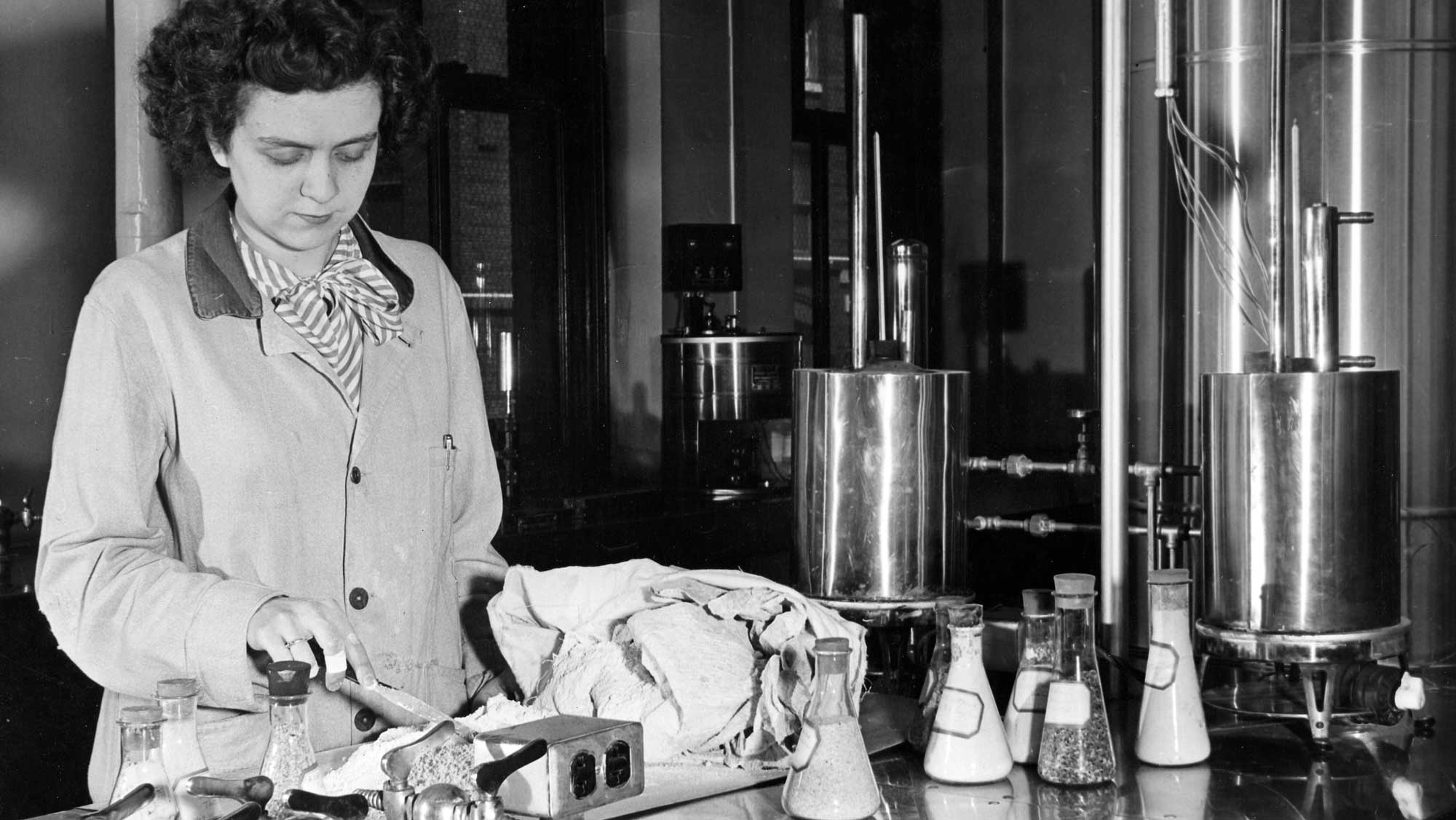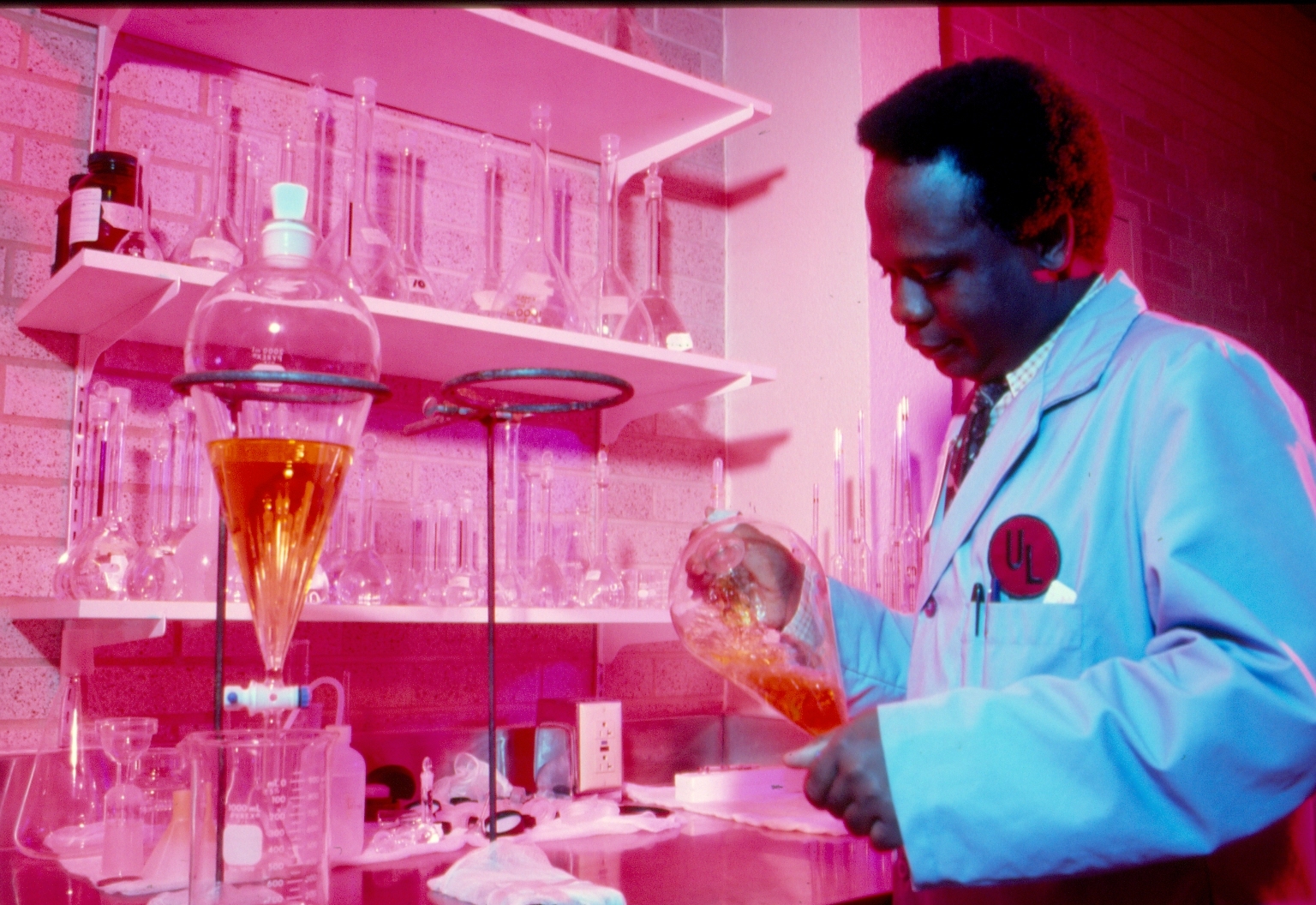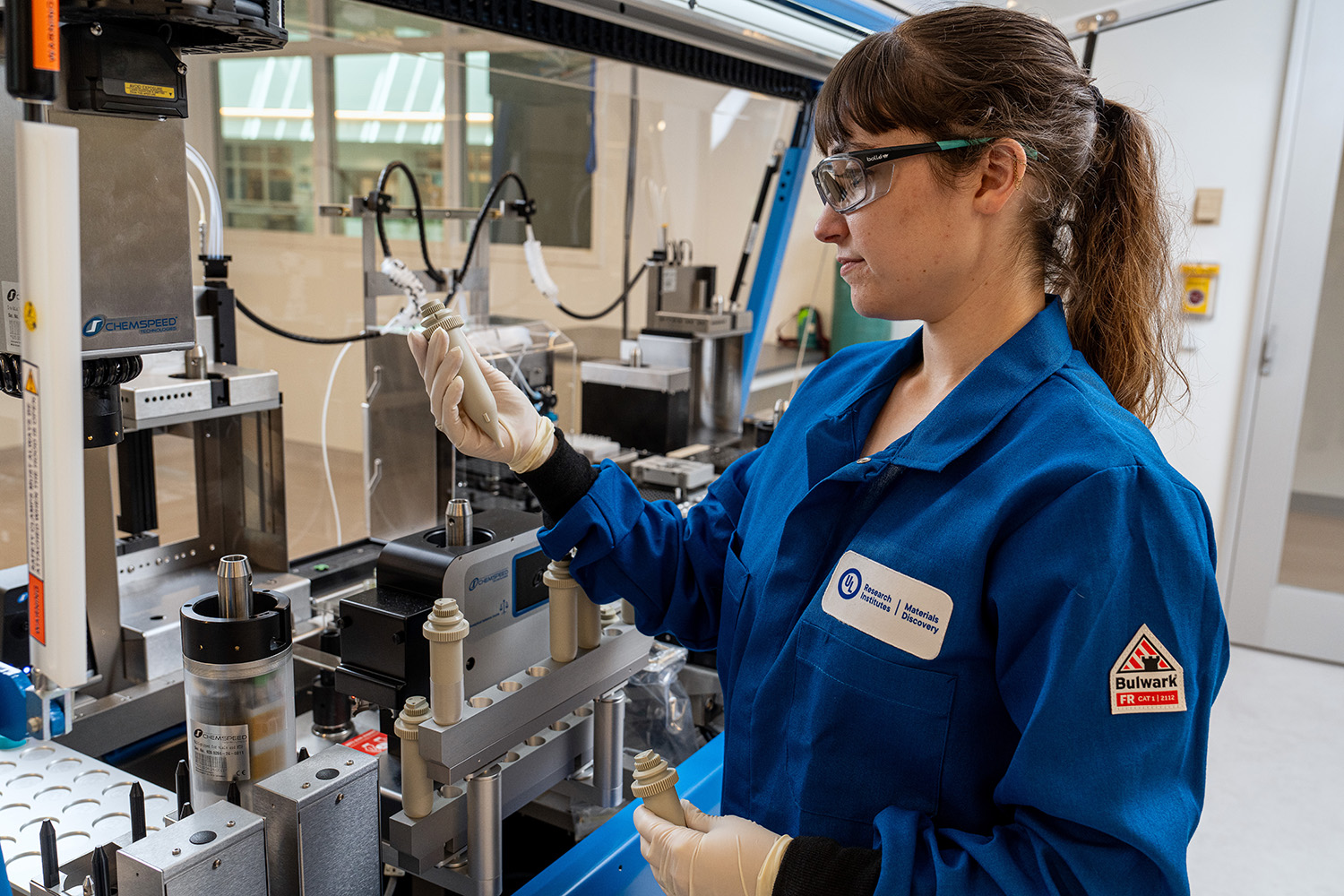Welcome to Standards Academy
Have you ever thought about how safety is engineered into our world? Risks and hazards are continually emerging as our societies become more complex and interconnected. Here, you can follow real-world cases that bring safety standards to life.
Brought to you by UL Research Institutes, in collaboration with UL Standards & Engagement, this innovative, online learning platform is designed for you to learn more about what safety standards are, why they matter, and how UL standards are used to mitigate safety risks and hazards.
Did you know?
58%
In 2010, 58% of employers expected new hires in engineering to have a knowledge of standards at the time of hire. 1
Through exploration of Standards Academy’s case studies, you will:
Build your knowledge of safety standards and how to participate in ULSE’s standards development process
Learn about the real-world safety hazards and risks addressed by safety standards
Gain understanding of the safety standards development process and the role of ULSE’s technical committees, including the process of reaching consensus
What are safety standards and why do they matter?
Many products, systems, or services — old or new — come with hazards or risks. UL Standards & Engagement publishes safety standards that address these risks while guiding the safety, security, and sustainability of everyday products, and new and evolving technologies, ranging from personal flotation devices to batteries and systems like autonomous vehicles. To develop these standards, ULSE convenes stakeholders who must reach consensus on construction, performance, and testing requirements for these products and systems, which ultimately help to make our world safer, more secure, and more sustainable.
Safety standards outline the processes in which products are tested to help mitigate risk, injury, or danger.
In the process of developing these standards, ULSE combines extensive safety research, stakeholder input, and scientific expertise with a focus on quality. After a safety standard is published, the work is not done. A UL safety standard will be reviewed and updated by the standard’s technical committee, led by a ULSE TC chair and project manager.
Safety standards must adapt and evolve along with society and technology.
The first UL safety standard was published in 1903 to address the safety of tin-clad fire doors. At the time, fire protection was an emerging technology. Today, critical emerging technologies enter the marketplace with excelling pace, creating new challenges for all standards development organizations, including ULSE. Challenges also create opportunities, making this a very exciting — and critical — time to learn about and apply safety standards.
Brought to you by UL Research Institutes and UL Standards & Engagement
For more than 130 years, UL Research Institutes and UL Standards & Engagement have worked toward a safer, more secure, and more sustainable world by conducting cutting-edge research and developing safety standards.



UL Research Institutes advances safety science by sensing risk and conducting rigorous independent research that accelerates discoveries.
UL Standards & Engagement mobilizes that powerful science into action through advocacy and standards development.
ULRI’s Institute for Research Experiences & Education created Standards Academy in close collaboration with the standards experts at UL Standards & Engagement to support the next generation of early career professionals in understanding the value of standards to ensure a safer world.
Get in touch with us
Do you have feedback to help improve Standards Academy? Are you using Standards Academy in your class? We want to hear from you.
Send us an email to share your ideas, implementation, learning, or questions.
If you want to participate in the standards development consensus process, you can participate as a stakeholder — reviewing proposals and documentation, joining meetings, and providing comments on safety standards.
References
- Harding, B., & McPherson, P. (2010). What do employers want in terms of employee knowledge of technical standards and the process of standardization? Proceedings of the 2010 American Society for Engineering Education Annual Conference & Exposition, Louisville, KY. 10.18260/1-2–16474